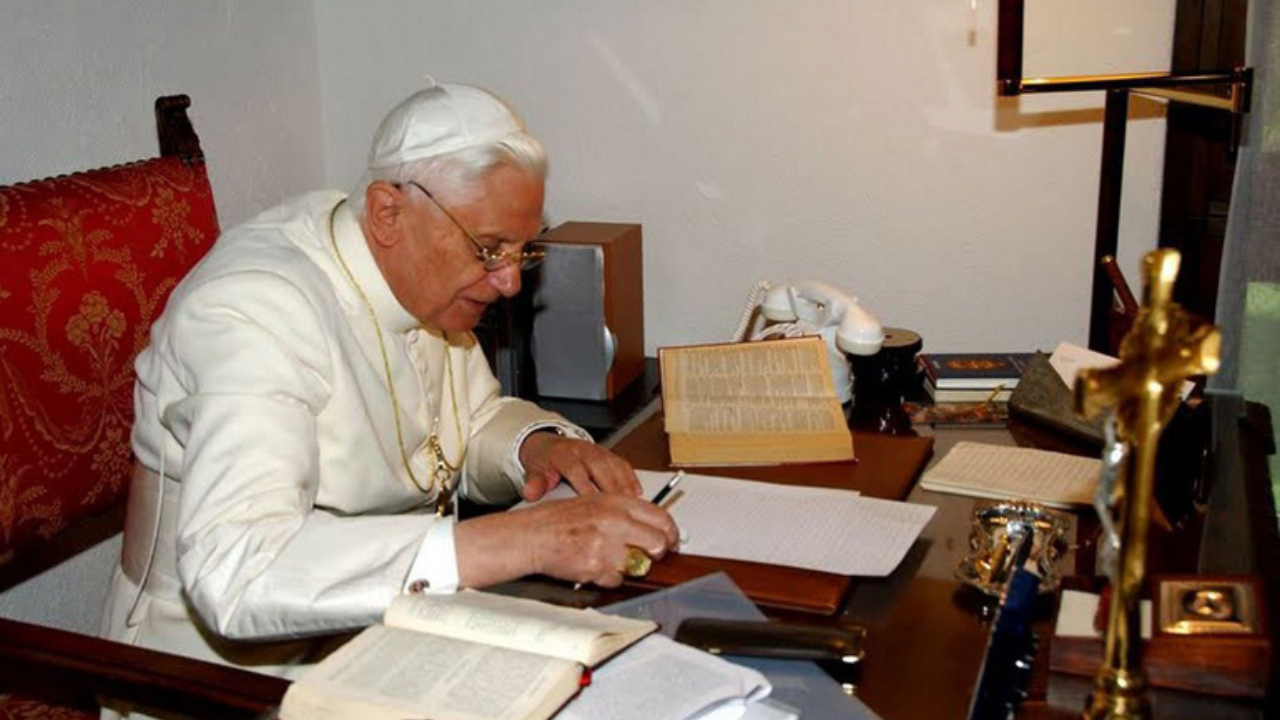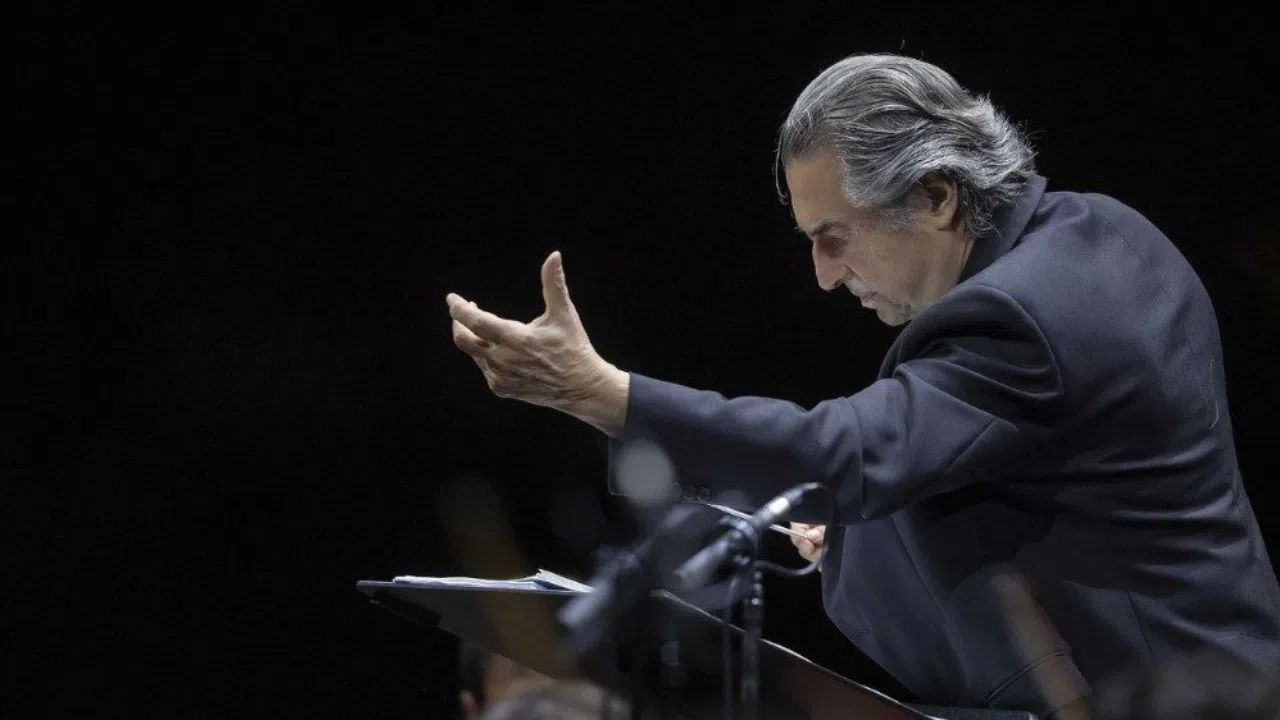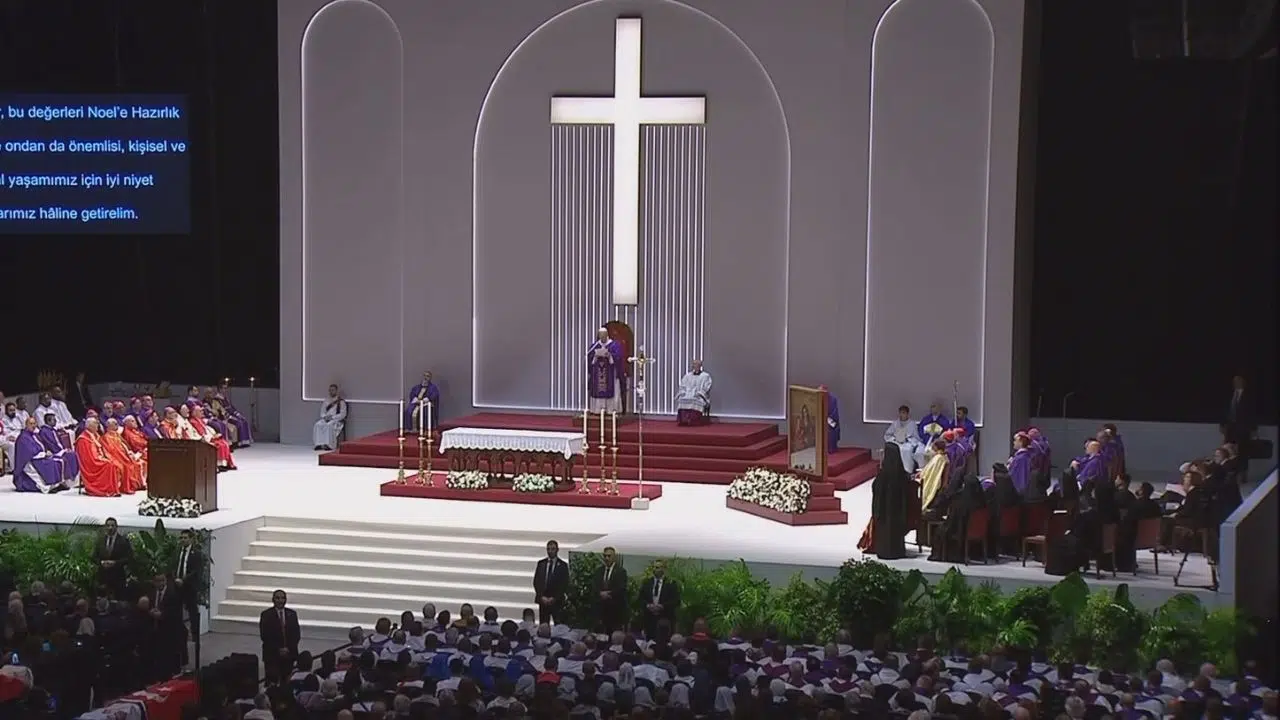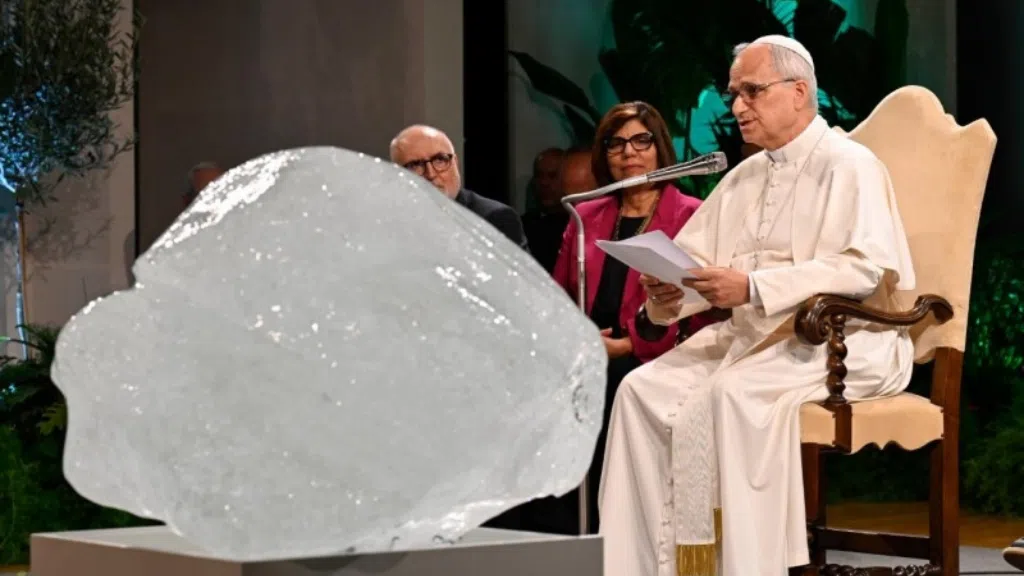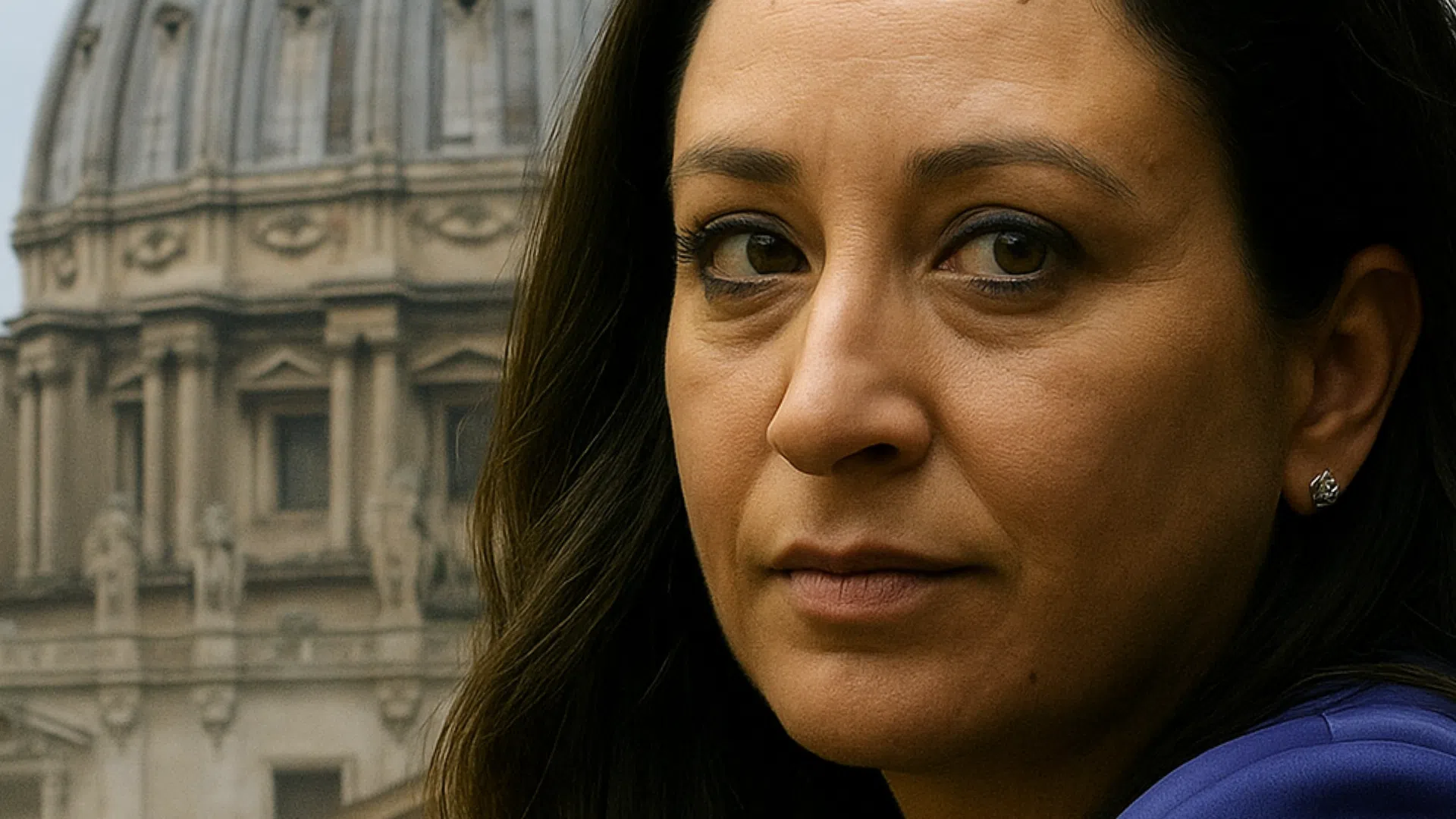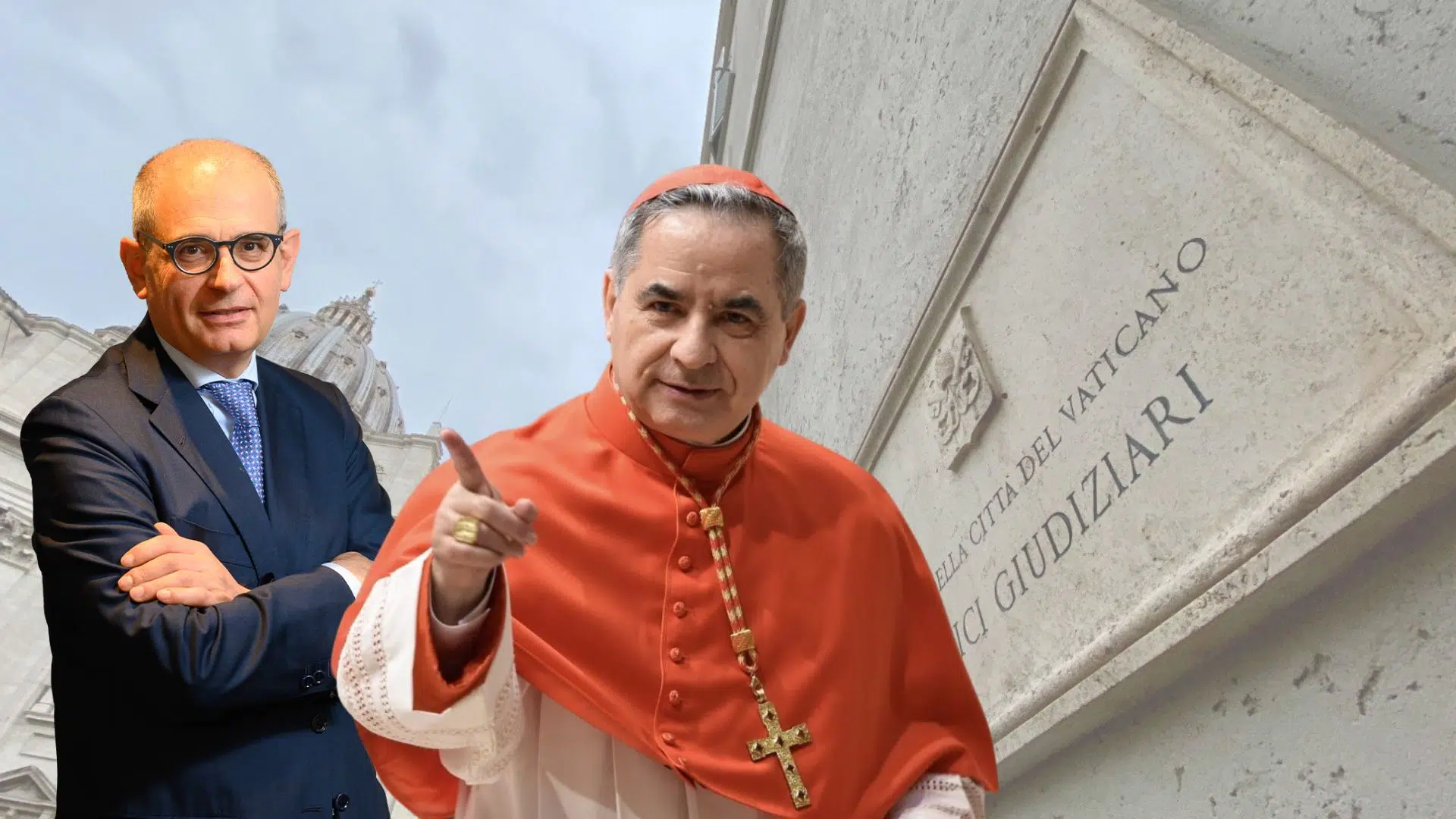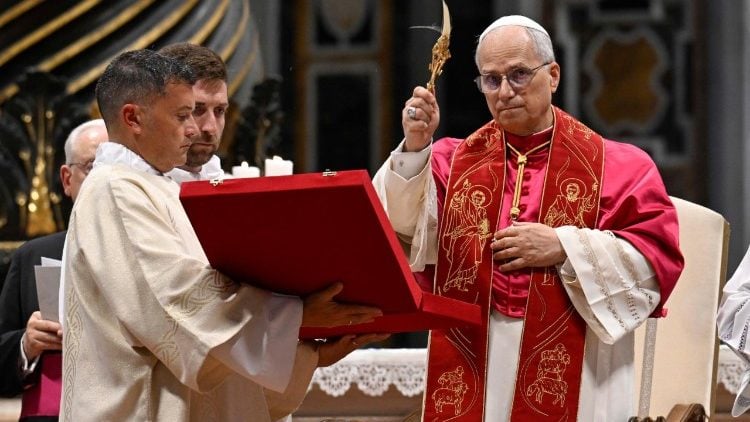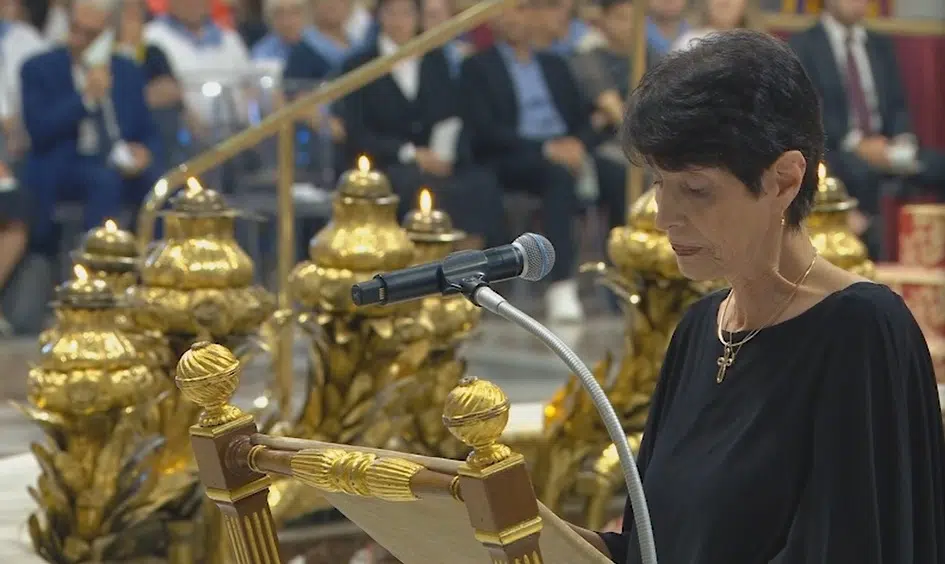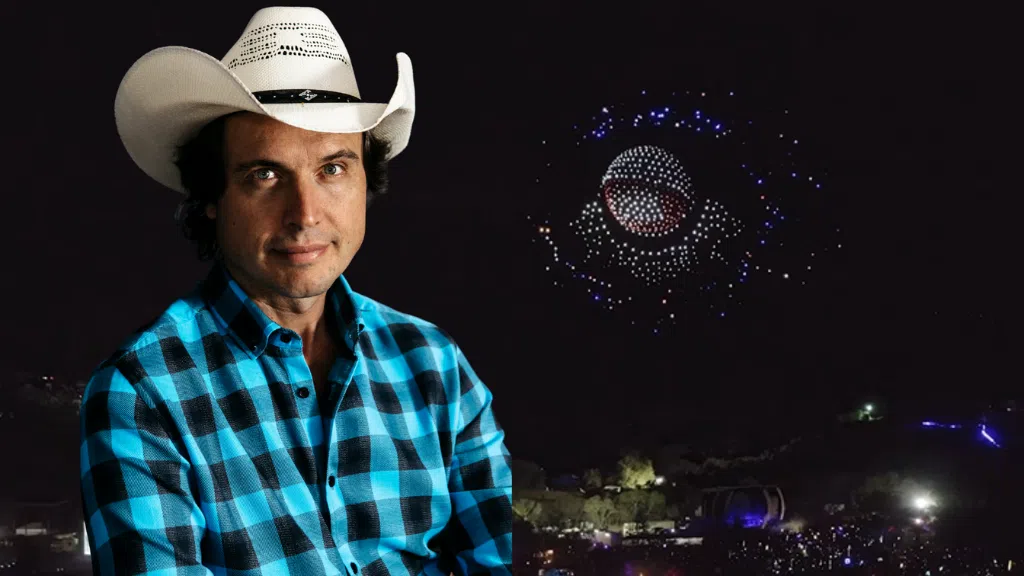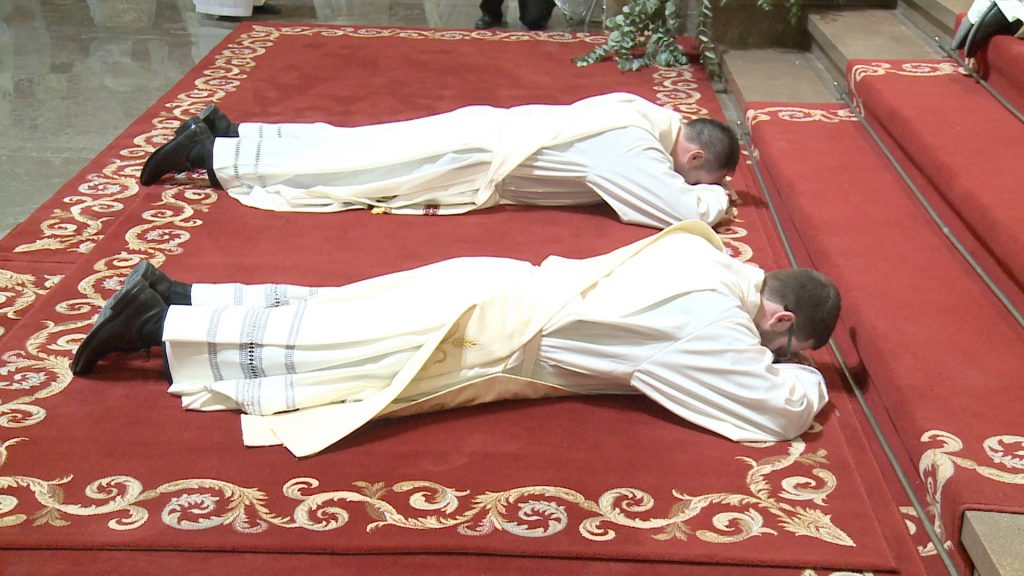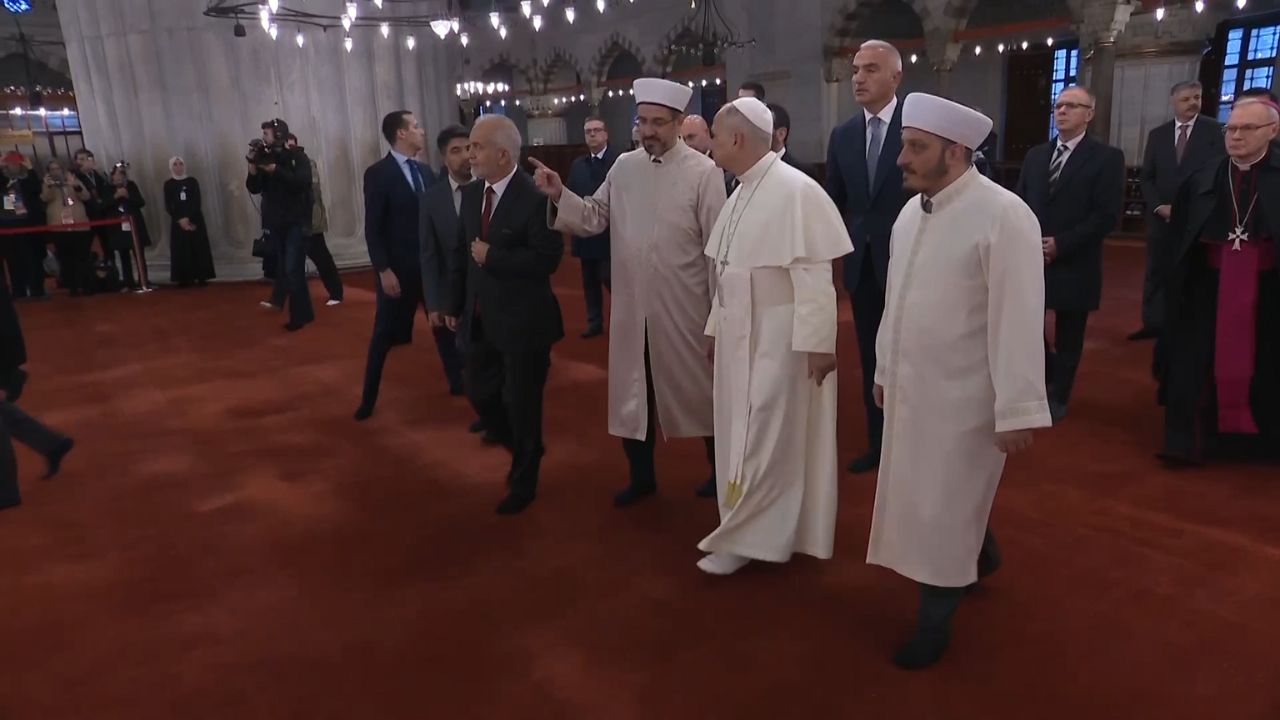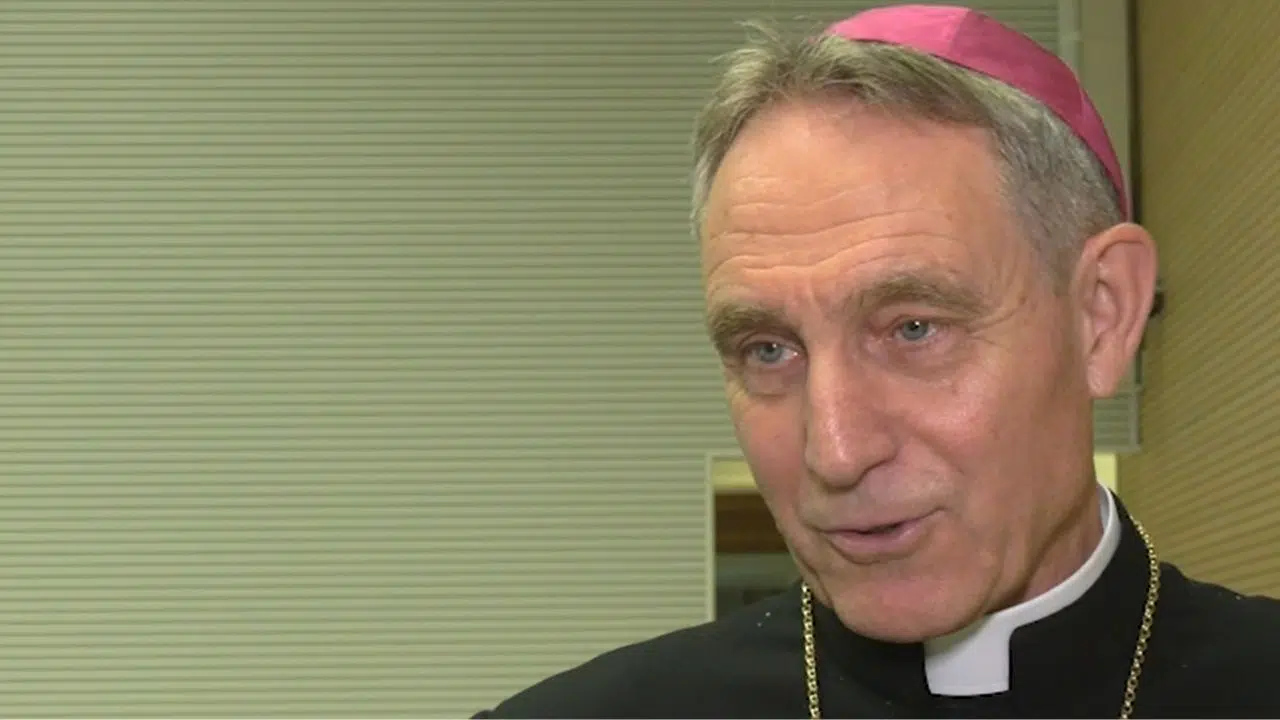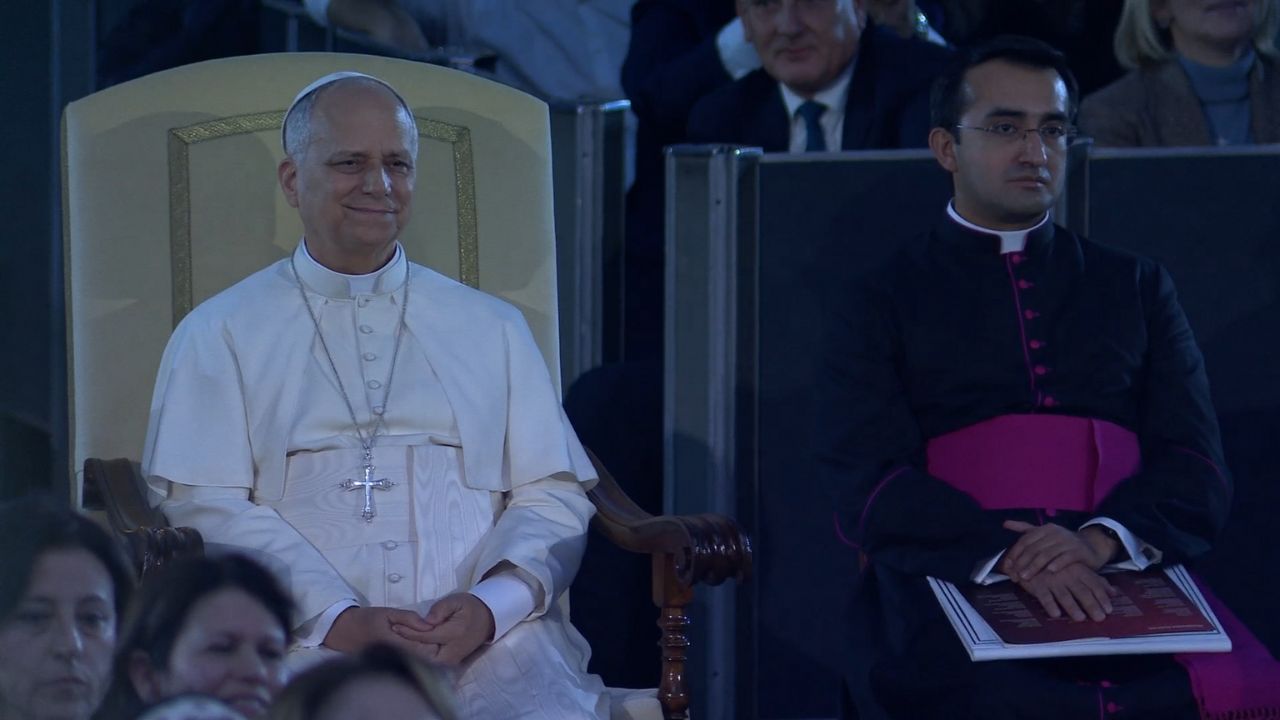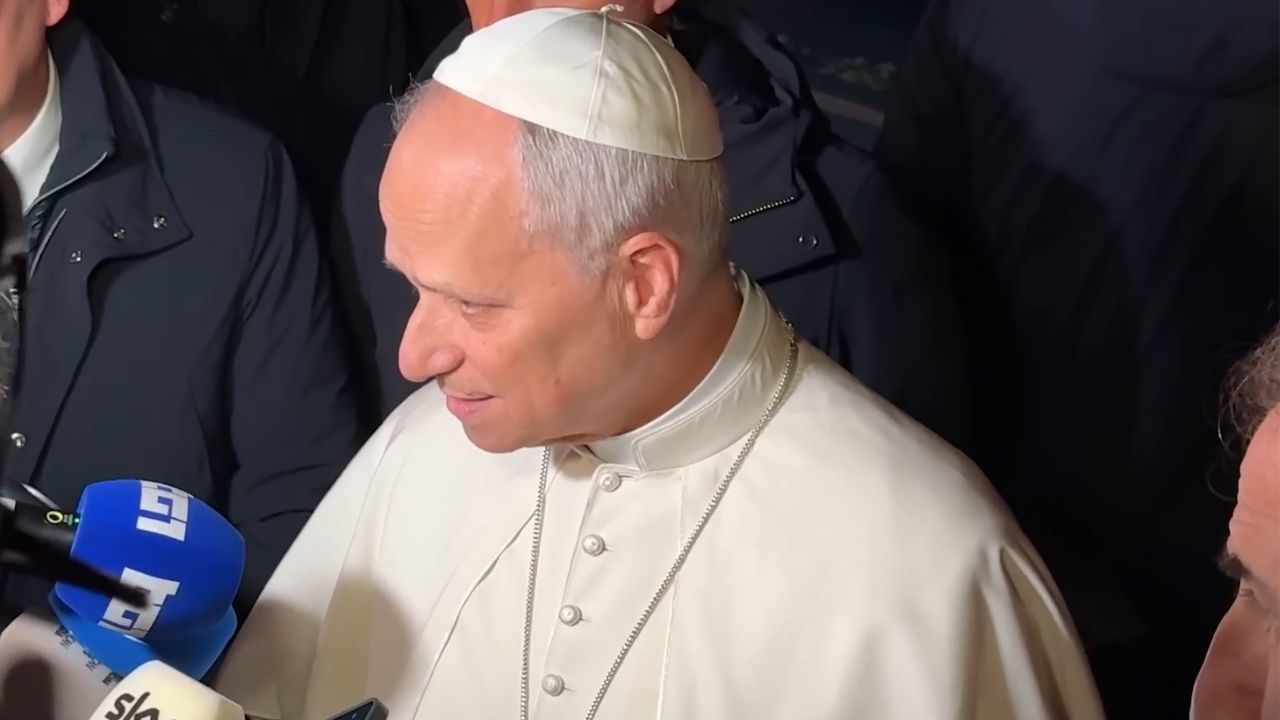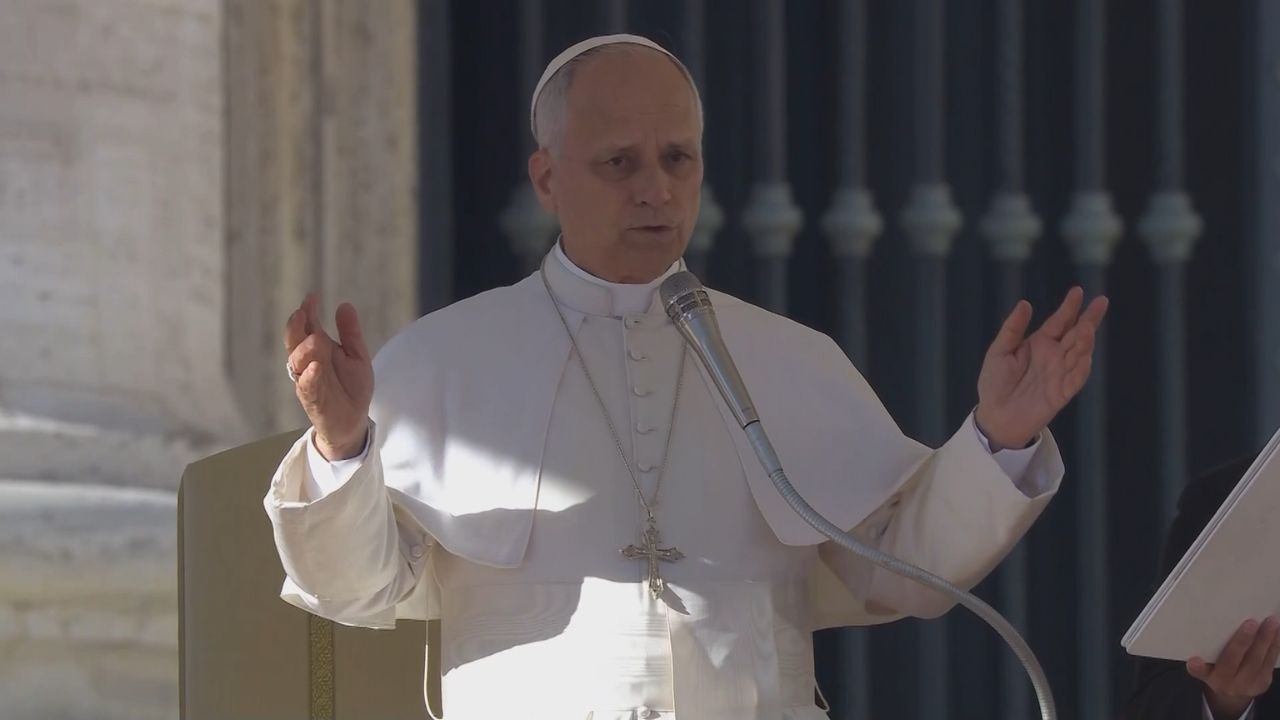The Pontifical Academy for Life recently held a conference in Rome promoting the publication of “White Paper for Global Palliative Care Advocacy” in the Journal of Palliative Medicine.
It is a book composed by 13 global experts on implementing and advancing better care for people near the end of their life.
They hope governments, health services, faith-based and non-religious organizations can use this publication as a checklist for implementing better palliative care.
DR. CARLOS CENTENO
University of Navarra Clinic
“We need physicians and nurses, but also psychologists, social workers, spiritual caregivers and so on to palliative care...” “Palliative care is whole-person care, center-person care.”
According to the World Health Organization, 86 percent of people who need palliative care do not receive it. The organization has also noted that even 83 percent of the world's population lack access to pain relief. Additionally, every year over 25.5 million people die with serious health related-suffering (Shs) associated with life-limiting and life-threatening conditions.
These experts particularly wanted the collaboration of the Catholic Church and Pontifical Academy for Life, due to their global importance.
DR. THOMAS SITTE
Palliative Care Specialist
“It is very difficult to ask every different government, 200 and something governments. But with the Catholic Church, the pope, the Academy for Life we can address all them...”
Dr. Thomas Sitte has seen the harm the lack of palliative care can cause in a patient. He once experienced a patient who, despite receiving physical treatment, ultimately lost the will to live.
DR. THOMAS SITTE
Palliative Care Specialist
“It was such a pity because it was so easy, but he was disappointed.” “We could treat his physical problems, but we could not give him his energy back. So he died within six days not because of the drugs, not at all, but because he lost his will to live.”
These experts want to promote more awareness about palliative care that treats not just the physical but also spiritual, emotional and familial aspects of the patient. They believe euthanasia is not the answer, rather better and correct treatment.
